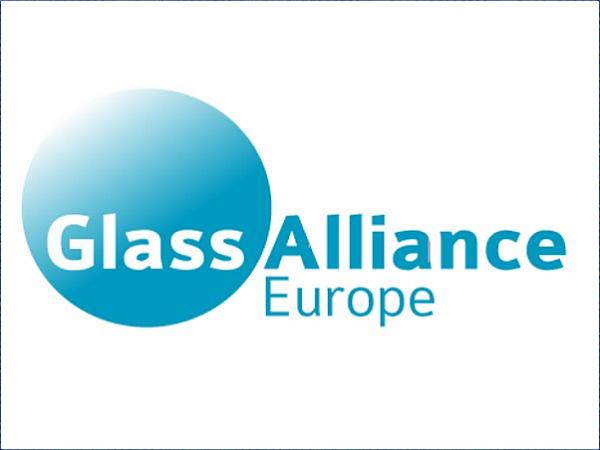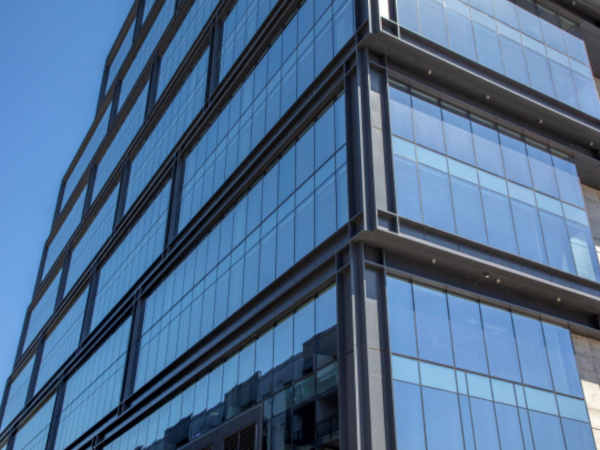
Date: 7 February 2020
Glass Alliance Europe agrees that, should the objective of climate-neutrality be confirmed, a Climate Law would provide certainty on the direction the European Union will pursue in its public action. It is all the more important to the European glass industries that certainty and clarity be provided on the measures that the European Union will introduce in the coming years.
Glass Alliance Europe shares the view expressed by the European Commission that the climate-neutrality objective is achievable only if all EU policies contribute to this goal and all sectors of the economy and society play their part. In this respect, a competitive EU industrial basis at the forefront of low-carbon solutions will be crucial for the transition of all economic sectors of the European economy.
Glass is in this sense a key enabling material for the transition in sectors with the highest emissions reduction potential (i.e. energy, building and transport) which make it an essential product for a carbon-neutral Europe. By being an infinitely recyclable material, reusable in its container applications, glass also contributes greatly to achieving a genuine circular economy, saving resources and reducing carbon emissions.
The European glass industry has invested in the decarbonisation of its manufacturing processes and will continue investing to manufacture glass products fit for a sustainable, resource-efficient, low-carbon European society. Notwithstanding, it is the authorities’ actions which will provide the enabling framework for the industrial revolution envisaged in the Green Deal.
The EU industrial strategy announced for March 2020 and its subsequent public measures will therefore be crucial to set a decarbonisation pathway that safeguards the affordability of glass products, overcomes the bottlenecks to the decarbonisation of manufacturing processes, guarantees that infrastructures are in place to ensure the constant and affordable flow of renewable energy sources and the good functioning of the EU internal market.
 600450
600450








Add new comment